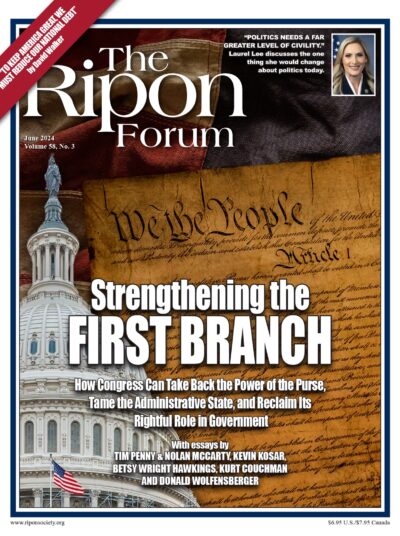
Social Security is a key component of the American Dream. After decades of hard work, retirees should be able to rest easier knowing Social Security will cover at least some of their most basic living expenses so they can live out their golden years with some breathing room. For many, these benefits are the main source of income allowing them to retire in the first place.
The latest government projections suggest Social Security will continue to be able to pay 100 percent of all combined retirement and disability benefits until 2035. At that point, it’s anticipated there will only be enough funds to pay 83 percent of scheduled benefits, primarily due to the aging baby boomer population and relatively low birth rates for subsequent generations. One suggested workaround to prevent this dip is raising the age a person must reach in order to access full retirement benefits, as well as raising the minimum age required to withdraw those benefits early. However, doing this would push more older individuals below or near the poverty line.
In truth, increasing the full retirement age for Social Security cuts benefits for all new retirees. The size of that cut varies slightly by age, but it typically amounts to a 6-7 percent cut for each year the retirement age is increased past age 67. Currently, 62 is the most common age Americans begin claiming retirement benefits, with over 800,000 people doing so in 2022 alone. If the minimum age were to be increased as well, it would force many people to delay their early retirement plans, or endure some years without benefits or a job.
Increasing the full retirement age for Social Security cuts benefits for all new retirees.
A primary motivator behind these proposed age requirement increases is the rising life expectancy we’ve seen over the past few decades, as well as projected future increases. It’s important to note that these increases are not shared equally, because people with larger incomes and higher levels of education are more likely to have higher life expectancies, while those with less have experienced fewer or no gains at all, and evidence suggests that gap is widening. Delaying the age when people can access Social Security would harm those who rely on it the most.
In fact, some of the people most likely to suffer the consequences of raising retirement ages are the millions of older workers performing physically demanding jobs, especially in rural communities. From farmers and truck drivers to construction laborers and building cleaners, estimates show that roughly a third of workers ages 55 to 64 hold physically challenging jobs that only grow more difficult with age as their risk of injury and disease increases. Many of these workers cannot and should not be expected to continue working well into their sixties, especially considering they often have to retire early due to health issues. But increasing Social Security’s minimum retirement age would leave them with few good options.
Due to these workers earning disproportionately low wages, they’re less likely to have stored up enough savings sufficient to sustain them after they retire. One estimate suggests only around half of all middle-income older households have any savings stored in a retirement account, while the same is true for less than a fifth of older households with lower incomes. Among the people surveyed who did have some retirement savings stored, middle and low-income households typically held account balances of around $80,000 and $35,000 respectively, hardly enough to live on for a few years in many cases.
A proposal like this would be carried out in the name of fiscal responsibility, but the well-being of hard-working older Americans shouldn’t be sacrificed to keep Social Security afloat.
Retirees who are forced to stop working because of their health can also turn to Social Security’s disability insurance program or Supplemental Security Income for financial support. However, eligibility requirements are so strict that around two-thirds of applicants get denied. Those fortunate enough to get accepted will have navigated an application process packed with administrative burdens, meaning it could have taken years for the applicant to begin receiving benefits from the time they applied. Simply put, raising retirement ages takes Social Security away from workers who need to retire early without providing an alternative.
A proposal like this would be carried out in the name of fiscal responsibility, but the well-being of hard-working older Americans shouldn’t be sacrificed to keep Social Security afloat. The revenue needed to protect benefits from being cut can be collected elsewhere—a significant amount could be raised, for instance, by increasing the amount of earnings subject to Social Security’s payroll tax higher than the current level of $168,600, which would only impact high-income workers.
People who have worked for decades deserve to be able to retire and do so with dignity. Any funding proposal for the Social Security program that would negatively impact access to this fundamental right or would cut the lifeline many retirees rely on would mean jeopardizing the health and economic stability of the people it serves.
Kyle Ross is a policy analyst for Inclusive Economy at the Center for American Progress.




